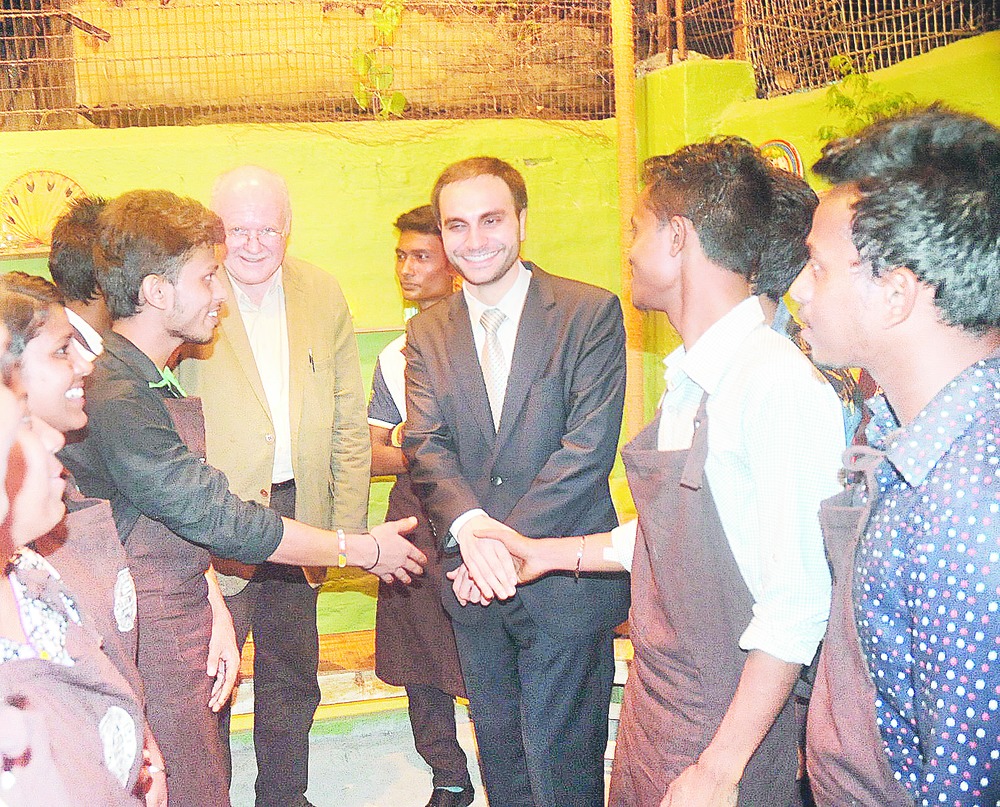Kolkata :
Former chief curator of the Cricket Association of Bengal (CAB) Prabir Mukherjee, who was known for his no-nonsense steadfast approach, died at a city hospital late last night after a prolonged illness.
Mukherjee, 86, was suffering from a liver condition and depression and was being treated at the BNR Hospital since April 11, his grandson Pranay Mukherjee said.
His body, however, was not taken to Eden Gardens in a departure of the tradition followed in the city’s cricket fraternity to honour his last wish, Pranay said.
“He was severely depressed and would tell me the way he was ‘ill-treated’ despite serving 28 years at the Eden. ‘Please never take me there’,” Pranay told .
The veteran curator, who was involved with the Eden Gardens pitch for more than two decades including preparing the wicket for the 1987 World Cup final, had vowed not to return to the stadium after being blamed for the India-South Africa T20 International washout fiasco on October 8, 2015.
Even more than six hours after it had rained in the afternoon, the CAB groundsmen led by Mukherjee could not get the field ready and the third and final T20 was also called off as South Africa had swept the series 2-0.
During that time, Sourav Ganguly was the president-designate of CAB, who had squarely blamed the veteran curator for not covering the entire ground during the afternoon’s showers that left the field soggy.
“I never worked for money. I have told them (CAB officials) that I’m not coming back to the Eden again,” the snubbed Mukherjee had said and since then the CAB grounds including that of the Eden was managed by Sujan Mukherjee.
However, the CAB officials including joint secretary Subir Ganguly and treasurer Biswarup Dey visited his residence on Prankrishna Mukherjee road near Tala Bridge and paid their last tributes
.
In his condolence message, CAB joint secretary Avishek Dalmiya, the BCCI chairman of New Area Development Committee who’s away in Guwahati, said, “Prabirda’s contribution to Bengal cricket has been immense. He was not only involved with the Eden but various grounds across the state.” MORE TAP SSC SSC
source: http://www.timesofindia.indiatimes.com / The Times of India / News Home> City> Kolkata / PTI / June 02nd, 2016

